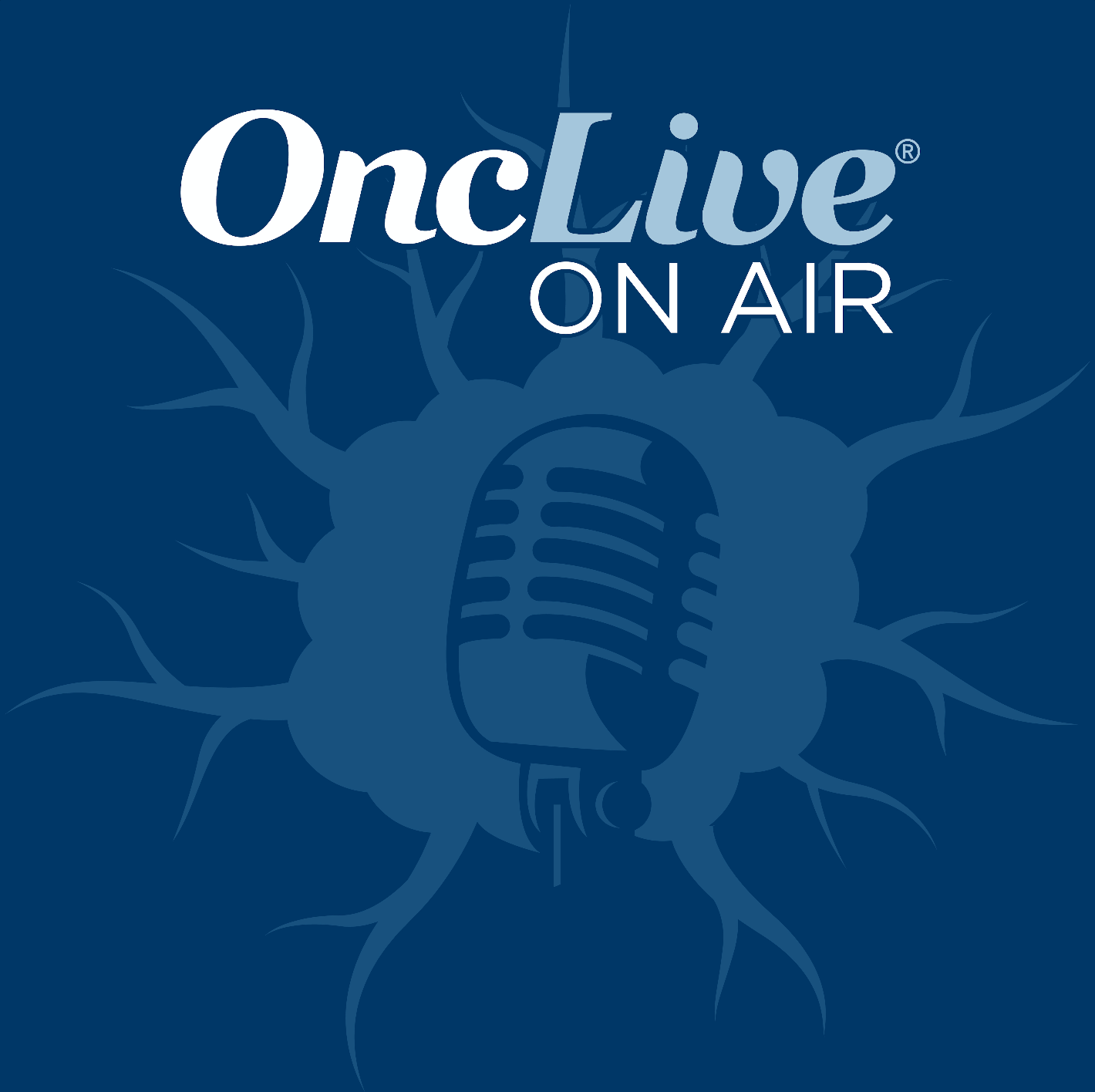Video
Dr. Rahman on Understanding the Role of Biosimilars in Oncology
Author(s):
Mohammed J. Rahman, MD, oncologist, University of Pittsburgh Medical Center, discusses his understanding of the role of biosimilars in oncology.
Mohammed J. Rahman, MD, oncologist, University of Pittsburgh Medical Center, discusses his understanding of the role of biosimilars in oncology.
There were several presentations on biosimilars at the 2018 ESMO Congress that Rahman plans on investigating. Increased understanding of what a biosimilar is and how it may impact the field oncology is important, notes Rahman, though many physicians are unsure how and if they will increase the financial viability of drugs in oncology.
One of the goals of biosimilars is to expand the accessibility of therapeutics around the world. Therefore, biosimilars are a potential commodity to not only Europe and the United States, but other countries around the world, he explains. In December 2017, MYL-1401O (Ogivri; trastuzumab-dkst) became the first FDA-approved biosimilar for trastuzumab (Herceptin), with indications in HER2-positive breast cancer and metastatic gastric or gastroesophageal junction adenocarcinoma. Several others are under investigation.






%201%20(1)-Recovered%20copy.jpg?fit=crop&auto=format)


%201%20(1)-Recovered%20copy.jpg?fit=crop&auto=format)